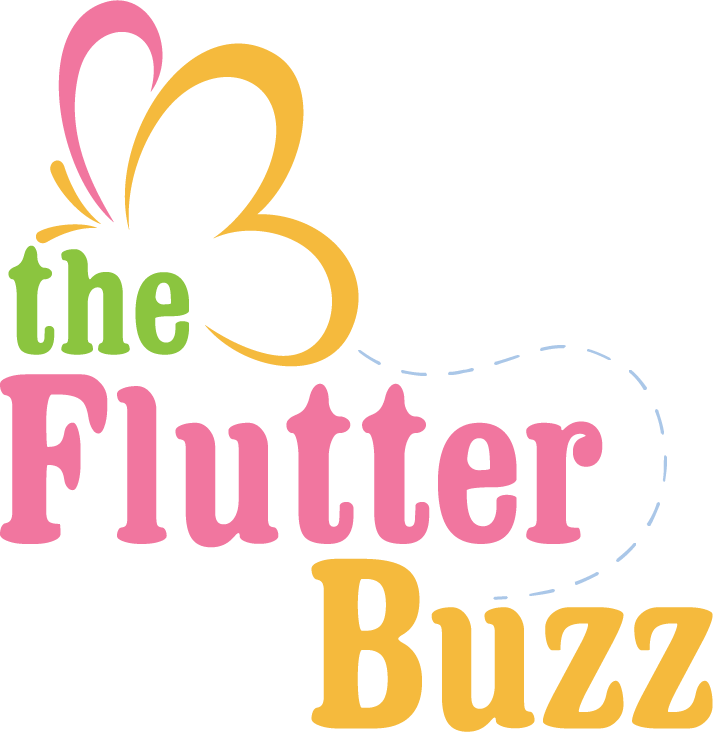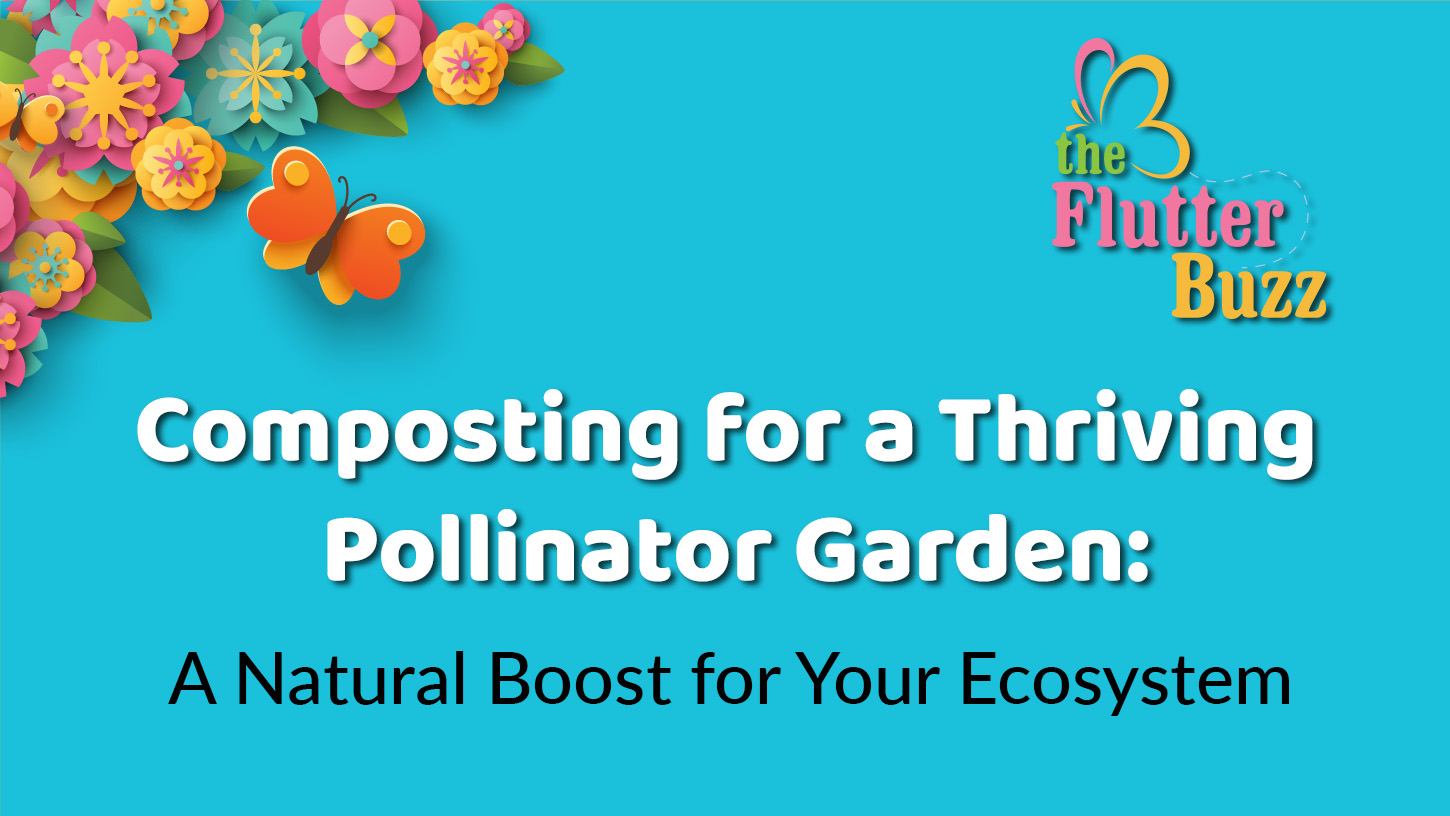
10 Mar Composting for a Thriving Pollinator Garden: A Natural Boost for Your Ecosystem
Composting isn’t just a way to recycle food scraps and yard waste—it’s a powerful tool for building healthy soil, supporting pollinators, and enhancing biodiversity in your garden. Whether you’re growing nectar-rich flowers for bees and butterflies or providing host plants for caterpillars, compost can give your plants the nutrients they need to thrive. Plus, healthy soil supports a diverse ecosystem, from microbes to beneficial insects and even the birds that rely on them.
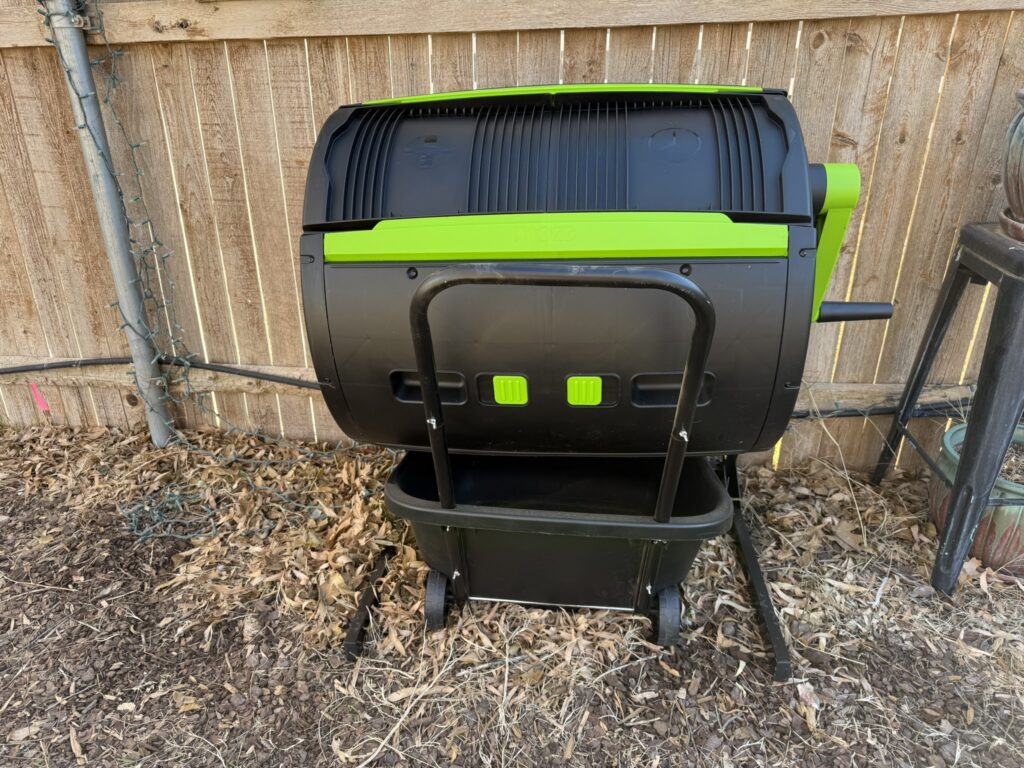
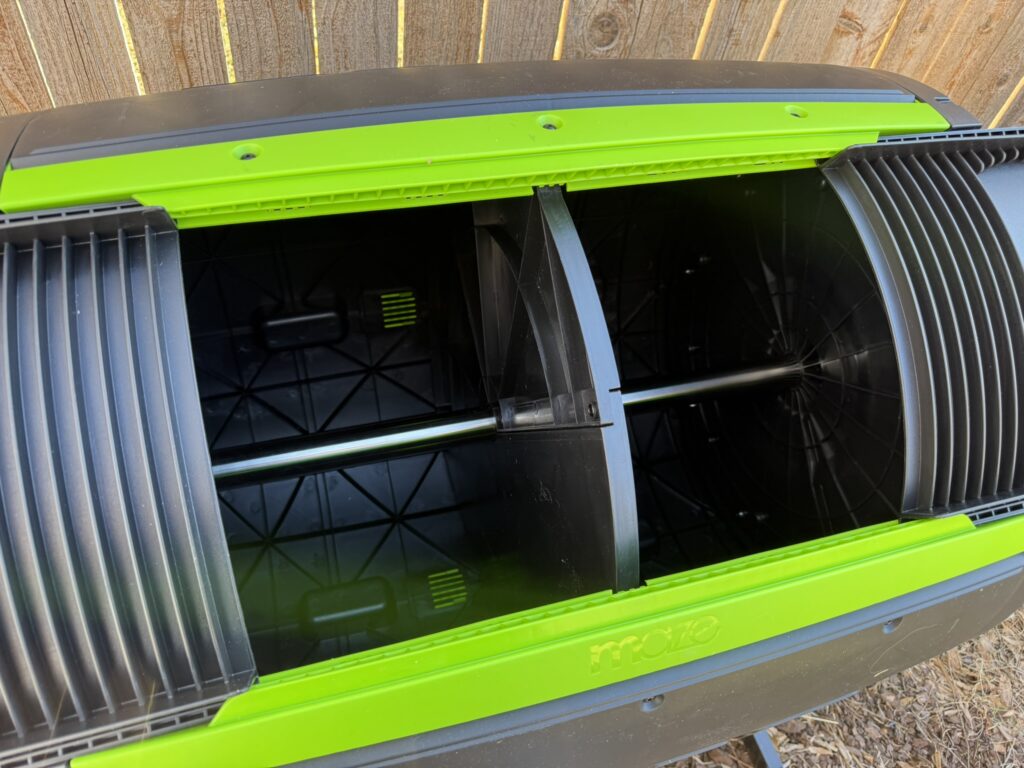
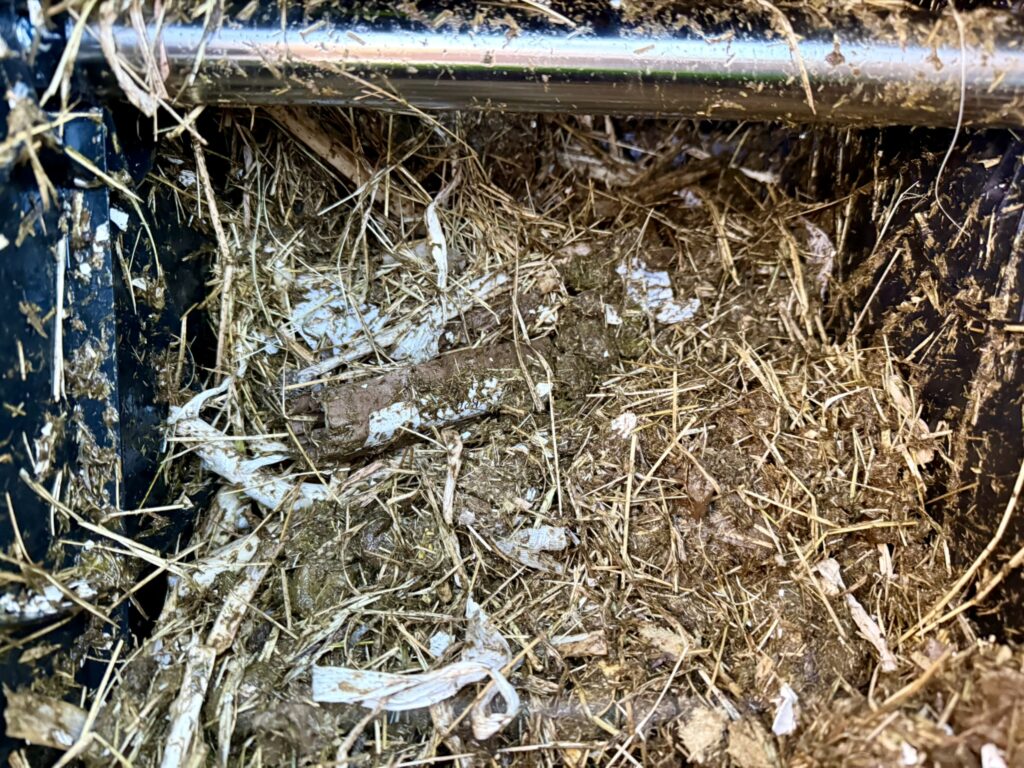
Why Compost? The Magic of Soil Health
Healthy soil is the foundation of any thriving garden, and compost is one of the best ways to improve it naturally. Compost:
- Adds Nutrients – Decomposed organic matter enriches soil with nitrogen, phosphorus, and potassium, essential for plant growth.
- Improves Soil Structure – It enhances water retention in sandy soils and aeration in clay-heavy soils, reducing erosion and runoff.
- Feeds Soil Microbes – Beneficial bacteria and fungi break down organic matter, releasing nutrients in a form plants can absorb.
- Supports Pollinators – Strong, nutrient-rich plants produce more flowers, offering abundant nectar and pollen for bees, butterflies, and hummingbirds.
The Connection Between Compost and Pollinators
Pollinators like bees, butterflies, and beetles rely on healthy plants for food. Compost helps plants grow stronger, produce more blooms, and resist pests and diseases naturally—reducing the need for harmful pesticides that can harm pollinators.
Compost also increases soil biodiversity, supporting creatures like earthworms, which improve soil aeration, and decomposers like fungi and bacteria, which help break down organic material. This interconnected web of life ultimately sustains the entire garden ecosystem.
How to Start Composting
You don’t need fancy equipment to start composting—just a pile of organic matter and patience! Here’s a simple way to begin:
Choose a Composting Method
- Outdoor Bin or Pile – Great for yard waste and kitchen scraps. Turn it occasionally to speed up decomposition.
- Vermicomposting (Worm Bin) – Red wigglers break down food scraps, producing nutrient-rich worm castings. Ideal for small spaces.
- Bokashi Composting – Uses anaerobic fermentation to break down food waste, including dairy and meat, which traditional composting can’t handle.
- Tumbler – Takes up less space and looks tidier than traditional compost piles. A sealed design keeps out rodents and reduces smells. Regular turning aerates the pile, speeding up decomposition.
Add the Right Ingredients
Balance “greens” (nitrogen-rich materials) and “browns” (carbon-rich materials) to keep your compost pile healthy.
Greens (Nitrogen):
✔ Fruit & vegetable scraps
✔ Grass clippings
✔ Coffee grounds
✔ Manure (from herbivores like rabbits, cows, and chickens)
Browns (Carbon):
✔ Dry leaves
✔ Straw or hay
✔ Shredded paper or cardboard
✔ Small branches and twigs
🚫 Avoid: Meat, dairy, greasy foods, pet waste, and anything treated with pesticides or herbicides.
Maintain & Harvest
- Turn your pile every few weeks to aerate and speed up decomposition.
- Keep it moist but not soggy—like a wrung-out sponge.
- Harvest finished compost when it’s dark, crumbly, and smells like rich earth (usually in 2-6 months).
Using Compost in Your Pollinator Garden
Once your compost is ready, use it to nourish your pollinator-friendly plants:
Top-Dressing
Sprinkle compost around the base of your flowers and shrubs to provide slow-release nutrients. This is great for plants like:
- Milkweed (Asclepias spp.) – Essential for monarch caterpillars.
- Blanketflower (Gaillardia spp.) – A favorite of bees and butterflies.
- Maximilian Sunflower (Helianthus maximiliani) – Provides late-season nectar.
Compost Tea
Brew compost in water for 24-48 hours to create a nutrient-rich liquid fertilizer. Use it as a foliar spray to boost plant health and deter pests naturally.
Soil Amendment
Mix compost into the soil before planting new pollinator-friendly flowers to improve fertility and structure. This works well for plants like:
- Datura wrightii – A night-blooming favorite of moths.
- Bee Balm (Monarda spp.) – A hummingbird and bee magnet.
Compost and Climate Change: A Bigger Picture
Composting helps reduce landfill waste, cutting methane emissions—a powerful greenhouse gas. Plus, by enriching the soil, composting enhances carbon sequestration, locking carbon in the ground instead of releasing it into the atmosphere.
Resources to Get Started
- U.S. Composting Council – Learn about composting benefits and best practices.
- EPA Composting Basics – Government guide on how to compost at home.
- NRCS Soil Health – How composting improves soil health and sustainability.
By incorporating compost into your pollinator garden, you’re not just improving plant health—you’re creating a thriving, biodiverse ecosystem that supports wildlife, conserves resources, and fights climate change.
Have you tried composting in your pollinator garden? Share your experience in the comments!
Sources:
- U.S. Composting Council – Provides research and resources on composting benefits and best practices.
- U.S. Composting Council. (n.d.). Composting Resources. Retrieved from https://www.compostingcouncil.org/
- U.S. Environmental Protection Agency (EPA) – Offers guidelines on composting at home, including best practices for different composting methods.
- U.S. Environmental Protection Agency. (n.d.). Composting At Home. Retrieved from https://www.epa.gov/recycle/composting-home
- Natural Resources Conservation Service (NRCS) – Details how composting contributes to soil health and sustainability.
- U.S. Department of Agriculture, Natural Resources Conservation Service. (n.d.). Soil Health: Unlock the Secrets in the Soil. Retrieved from https://www.nrcs.usda.gov/conservation-basics/natural-resource-concerns/soil/soil-health
- Cornell Waste Management Institute – Research on composting, soil microbiology, and compost tea benefits.
- Cornell University, Waste Management Institute. (n.d.). Compost Science and Soil Health. Retrieved from https://cwmi.css.cornell.edu/
- Rodale Institute – Provides information on organic gardening and the role of compost in soil health.
- Rodale Institute. (n.d.). Compost & Soil Health Research. Retrieved from https://rodaleinstitute.org/science/articles/compost-and-soil-health/
These sources provide scientifically backed insights into composting, its impact on soil health, and its role in supporting pollinators and the broader ecosystem.
